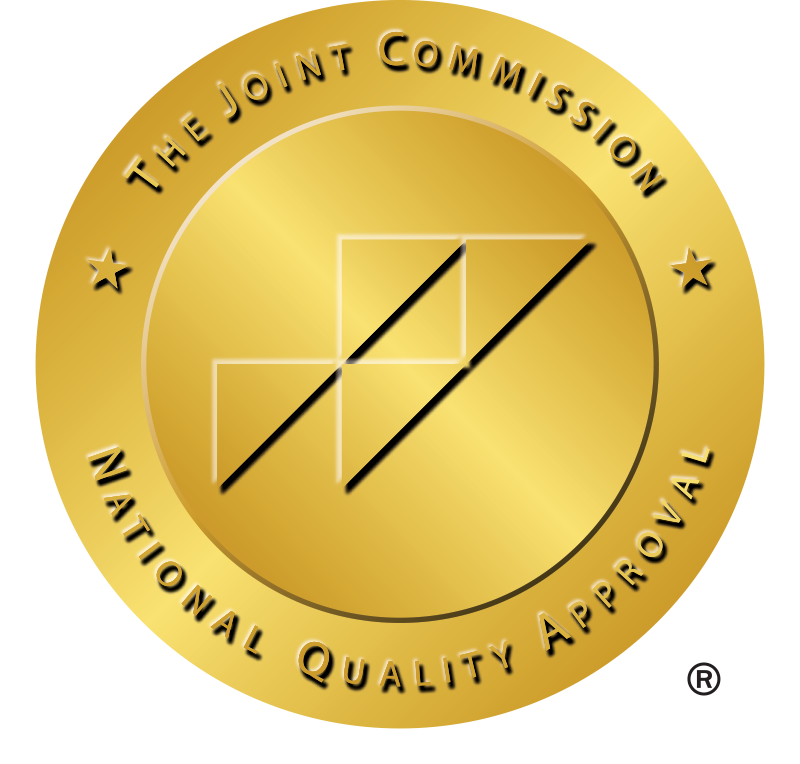Stepping from One Shadow into Another: When Sobriety Leads to Eating Disorders
Stepping from One Shadow into Another: When Sobriety Leads to Eating Disorders
Eating disorders wreak havoc on both physical and mental health. The National Institute of Mental Health (NIMH) reports that people with anorexia nervosa are 18 times more likely to die prematurely compared to the general population.
The path to reclaiming your life rarely unfolds like a straight line. Often, overcoming one challenge can unexpectedly lead to another. This is the stark reality faced by many individuals who, after conquering addiction to drugs or alcohol, find themselves confronting a new struggle: an eating disorder.
Updated: 2023
Written by: Allendale Treatment
If you or anyone you know are struggling with addiction, call (833) 338-6946 to speak with a professional.
It’s important to understand that getting sober does not inherently lead to weight gain. During active addiction, reduced appetite and poor nutrition can often result in weight loss. When people enter recovery, their bodies naturally strive to restore a healthier balance, leading to weight gain for some. This change can be a trigger and a reason someone develops an eating disorder.
Shared Roots, Tangled Branches
Eating disorders and addiction are not lone wolves; they often share common roots in mental health challenges like anxiety, depression, and trauma. These underlying conditions create a fertile ground for seeking relief, control, or escape, pushing individuals towards unhealthy coping mechanisms. Both involve a distorted relationship with substances, be it food or mind-altering substances, used to numb pain, manage emotions, or fill a void.
While overcoming addiction is a monumental achievement, studies suggest that up to 35% of individuals in recovery from substance abuse may develop an eating disorder. The National Eating Disorders Association (NEDA) highlights the complex interplay between mental health challenges and the need for specialized support during the recovery process.
Understanding the Complex Landscape of Eating Disorders
Before we delve into the surprising link between addiction and eating disorders, it’s crucial to understand the nature of these complex mental illnesses. Eating disorders are characterized by disturbed relationships with food, weight, and body image, manifesting in unhealthy eating behaviors that negatively impact both physical and mental health. These behaviors often stem from emotional distress and can range from severe calorie restriction and purging to binge eating and compulsive exercise.
Some common types of eating disorders include:
- Anorexia nervosa: Characterized by an intense fear of weight gain, resulting in severe calorie restriction, distorted body image, and potential health complications.
- Bulimia nervosa: Involves cycles of binge eating followed by purging behaviors like vomiting or laxative abuse, accompanied by feelings of shame and guilt.
- Binge-eating disorder: Repeated episodes of consuming large amounts of food in a short time, often accompanied by a loss of control and feelings of distress.

Individuals of all body types and backgrounds can struggle with these complex conditions.
Navigating the Crossroads: Why Addiction Can Fuel Eating Disorders
While the exact reasons for this phenomenon are still being unraveled, several factors contribute to the surprising overlap between addiction and eating disorders. Both share a reliance on unhealthy coping mechanisms to manage difficult emotions, numb pain, and seek a sense of control. People in early recovery, navigating a changed life often filled with uncertainties and confronting underlying issues, may find themselves particularly vulnerable to replacing addictive behaviors with disordered eating patterns.
For some, the seemingly rigid structure of controlling food intake can become a replacement for the control substances once provided. Additionally, the reward centers of the brain, previously activated by drugs or alcohol, can now be triggered by the restriction, binging, or purging behaviors associated with eating disorders. This highlights the complex ways these mental health struggles can intertwine, making specialized support during the recovery process all the more crucial.
Weight Gain as a Trigger
One specific trigger for some is weight gain. During active addiction, reduced appetite and poor nutrition can lead to weight loss. When individuals get sober, their bodies naturally regain weight to a healthier level. This change in appearance, especially in a society obsessed with thinness, can trigger anxieties about body image and fuel restrictive eating behaviors, excessive exercise, or other attempts to control their weight in unhealthy ways.
Beyond Weight: Other Shared Triggers
Breaking the Cycle: Reclaiming Your Well-being
The good news is that you are not alone. Many individuals navigate this complex terrain. Specialized treatment is available, and research indicates that the majority of individuals with eating disorders can achieve full recovery.
Here are some key steps:
Beyond the Stereotypes
Both eating disorders and drug addiction are often viewed through distorted lenses of personal choice and weakness. The reality is far more complex. These are serious mental illnesses rooted in a multitude of factors, including genetics, brain chemistry, trauma, and environmental influences.
If you or anyone you know are struggling with addiction, call (833) 338-6946 to speak with a professional.


